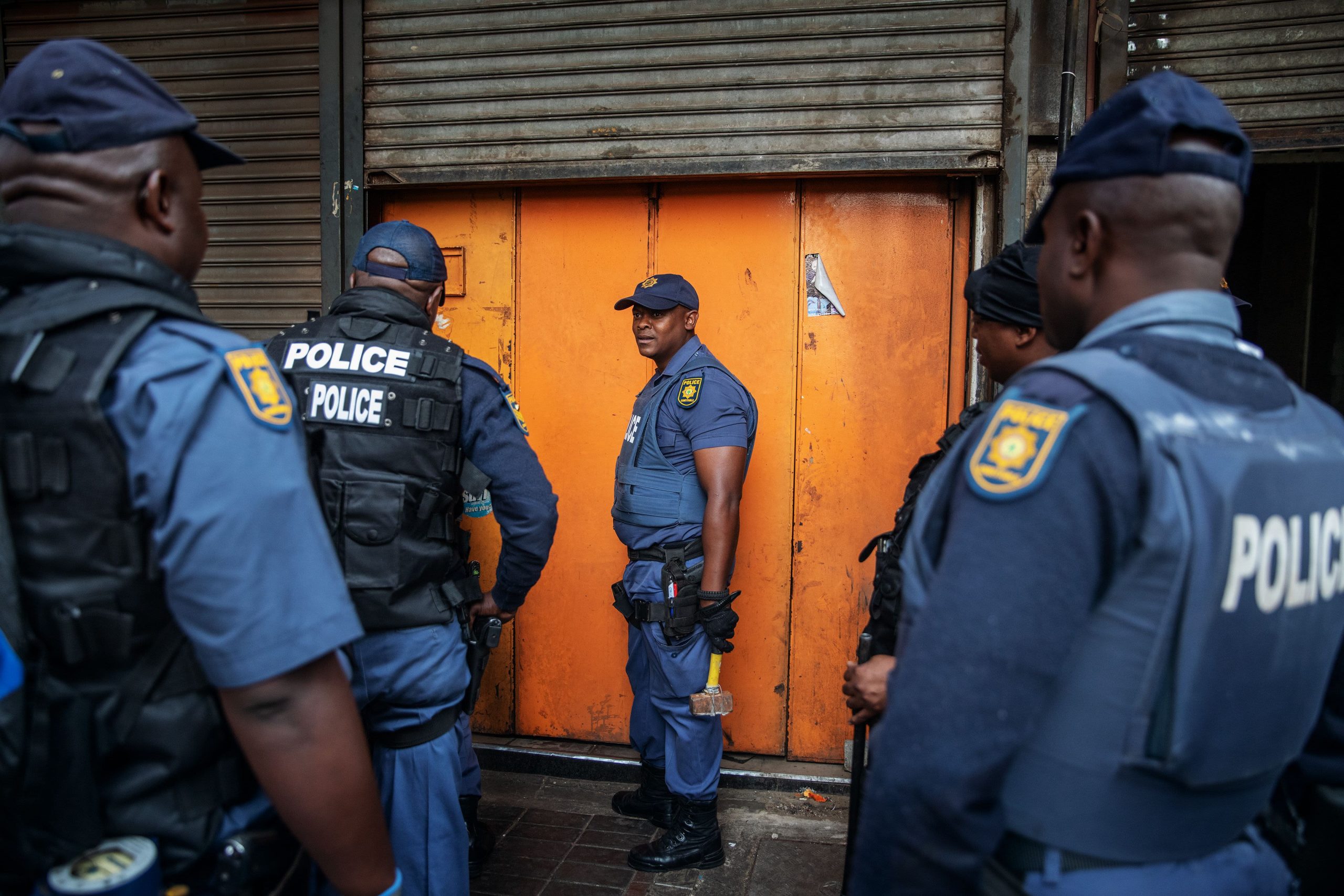Now Reading: South African police found $673,000 in cash during a home raid — but what they discovered changed everything
-
01
South African police found $673,000 in cash during a home raid — but what they discovered changed everything
South African police found $673,000 in cash during a home raid — but what they discovered changed everything

In Johannesburg, South Africa, a 36-year-old man was spotted arriving at a local grocery store in a brand-new McLaren. Soon after, he renovated his home with high-end imported materials and installed a sophisticated security system. Neighbors began to take notice, and authorities were alerted.
Within weeks, the South African Police Service (SAPS) had gathered enough suspicion to obtain and execute a search warrant. What they uncovered inside the home shocked everyone—including the officers on duty.
$673,000 USD in cold, hard cash.
The money was found stored in safes, stacked in sealed envelopes, and hidden inside luxury briefcases. Some of it was even concealed beneath the floorboards, according to a preliminary search report.
Was It Drug Money? A Fraud Ring? Or Something Worse?
Given the nature of the stash and the absence of clear, public-facing income, police detained the man on suspicion of money laundering, fraud, or possible links to international financial crimes.
Media outlets caught wind almost immediately. A firestorm of headlines followed:
- “Tech Bro or Criminal Mastermind?”
- “Cash King of Johannesburg: What’s Really Behind the Curtain?”
Social media lit up. Reddit forums speculated wildly. TikTok users even filmed outside the house, hoping to catch the next chapter unfold.
Everything Was Legal — And Documented
Within days, the man’s legal team provided over 700 pages of documents detailing his finances. According to verified tax filings and banking records, the man had:
- Cashed out pre-IPO equity from a Johannesburg-based tech firm he helped build 6 years ago.
- Earned six-figure fees from freelance cybersecurity consulting for clients in South Africa, Switzerland, and Singapore.
- Flipped three properties in Gauteng during the 2020–2023 housing boom.
- Made early and documented investments in Bitcoin and Ethereum, starting as early as 2016.
“Every dollar had a digital footprint,” a source close to the investigation told Northern Watch. “The issue wasn’t the source of funds—it was the format. Most people just don’t keep that much in cash.”
Indeed, South Africa does not outlaw the possession of large amounts of cash. However, it does attract scrutiny under the Financial Intelligence Centre Act (FICA), especially when paired with a sudden change in lifestyle.
No Charges Filed. Case Closed.
After reviewing the evidence, the police released the man without charge. The funds were returned, and no further legal action is expected.
But the case left lingering questions:
- How many other South Africans hold wealth like this—quietly, off-grid, but legally?
- How closely are financial behaviors monitored when they don’t follow “normal” banking patterns?
- And most of all — is the system truly designed to protect people who play fair, or only those who stay invisible?
The Bigger Picture: South Africa’s Relationship with Wealth
This case highlights a growing rift in how success is perceived and how it is policed. In an age where side hustles, remote tech jobs, and crypto have upended traditional income models, “suspicious” doesn’t always mean “illegal.”
Banking watchdogs such as the Financial Intelligence Centre (FIC) and tax authorities like the South African Revenue Service (SARS) continue to tighten reporting requirements—but citizens are increasingly operating in gray zones that didn’t exist a decade ago.





















